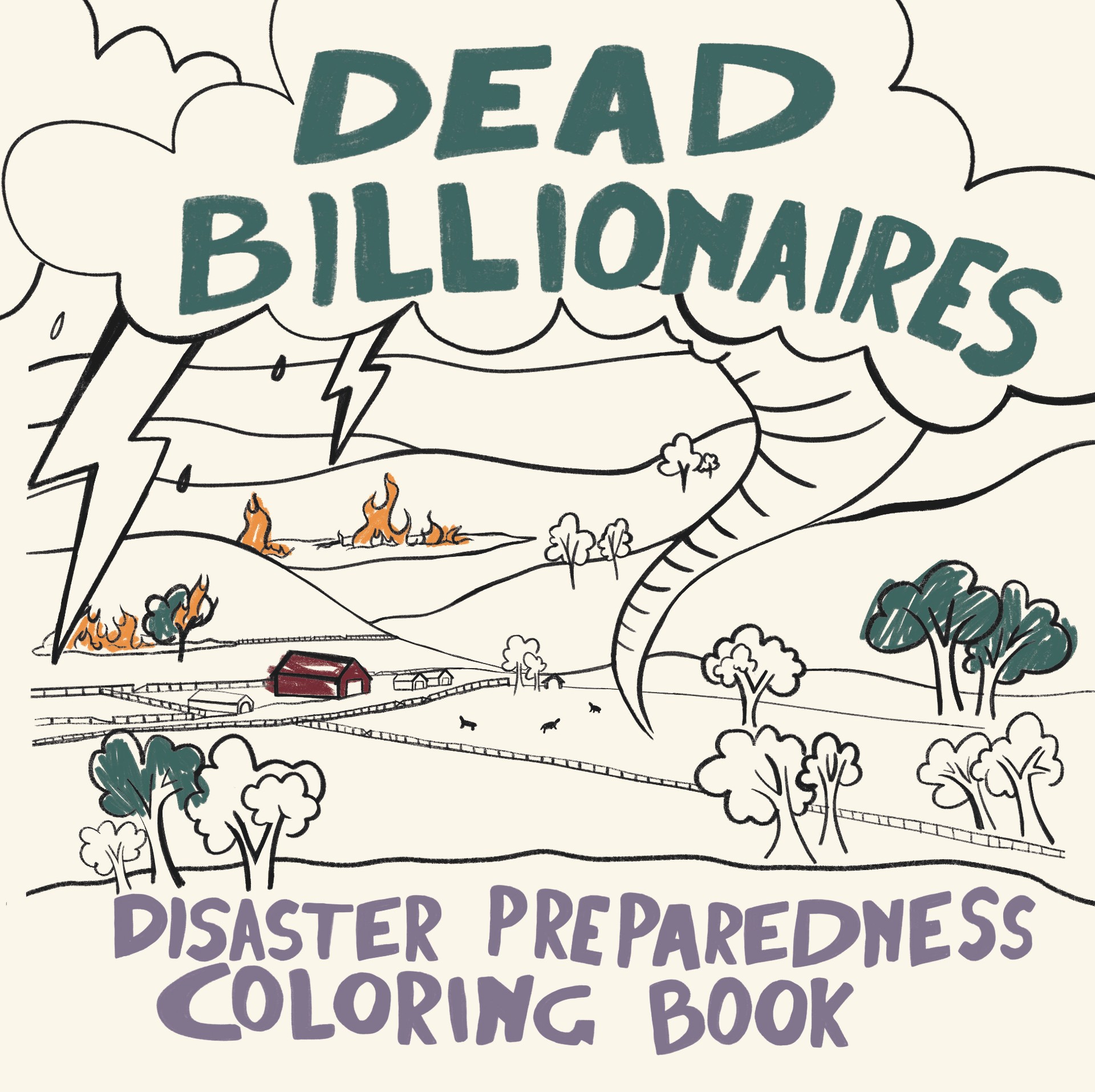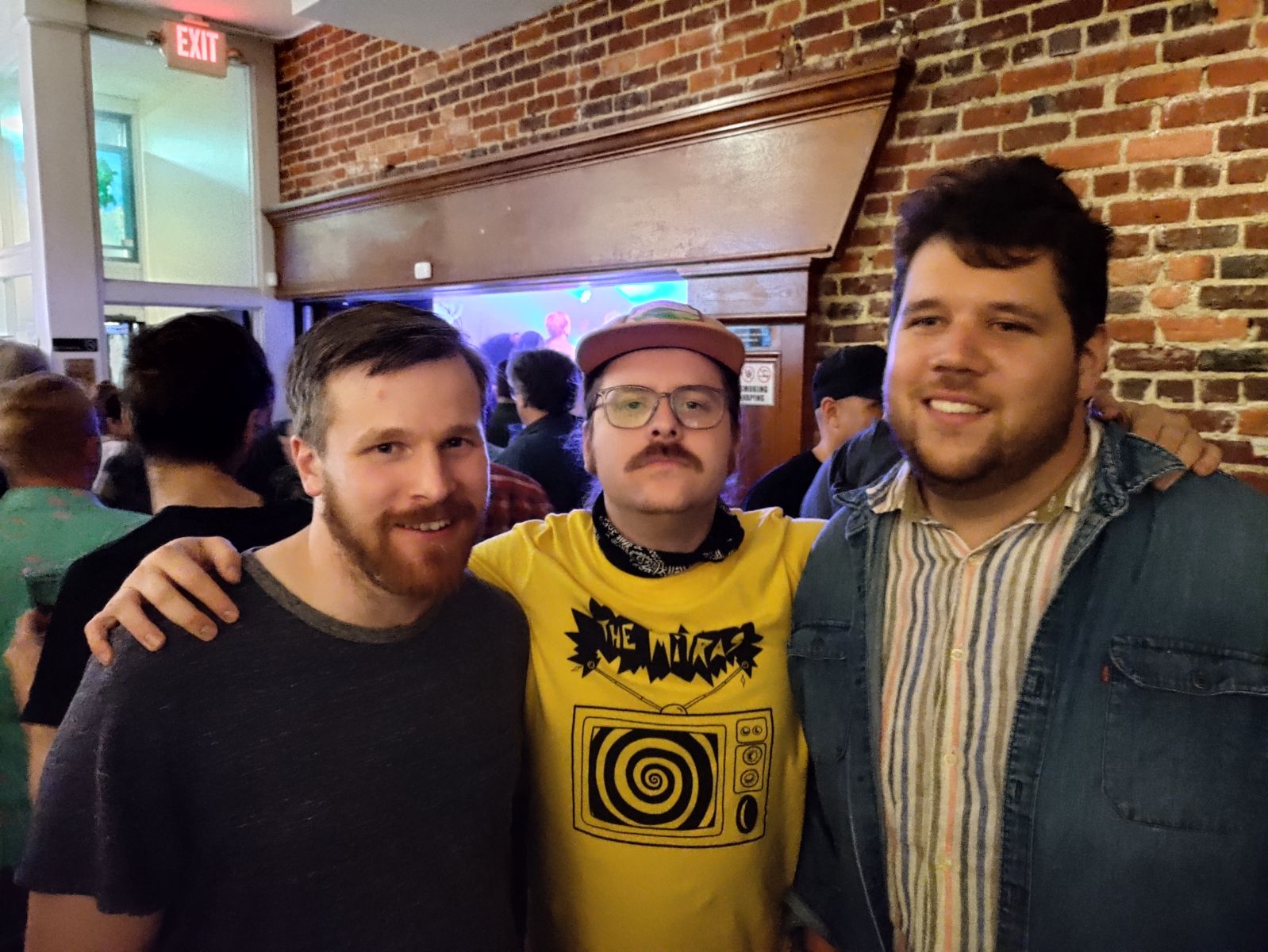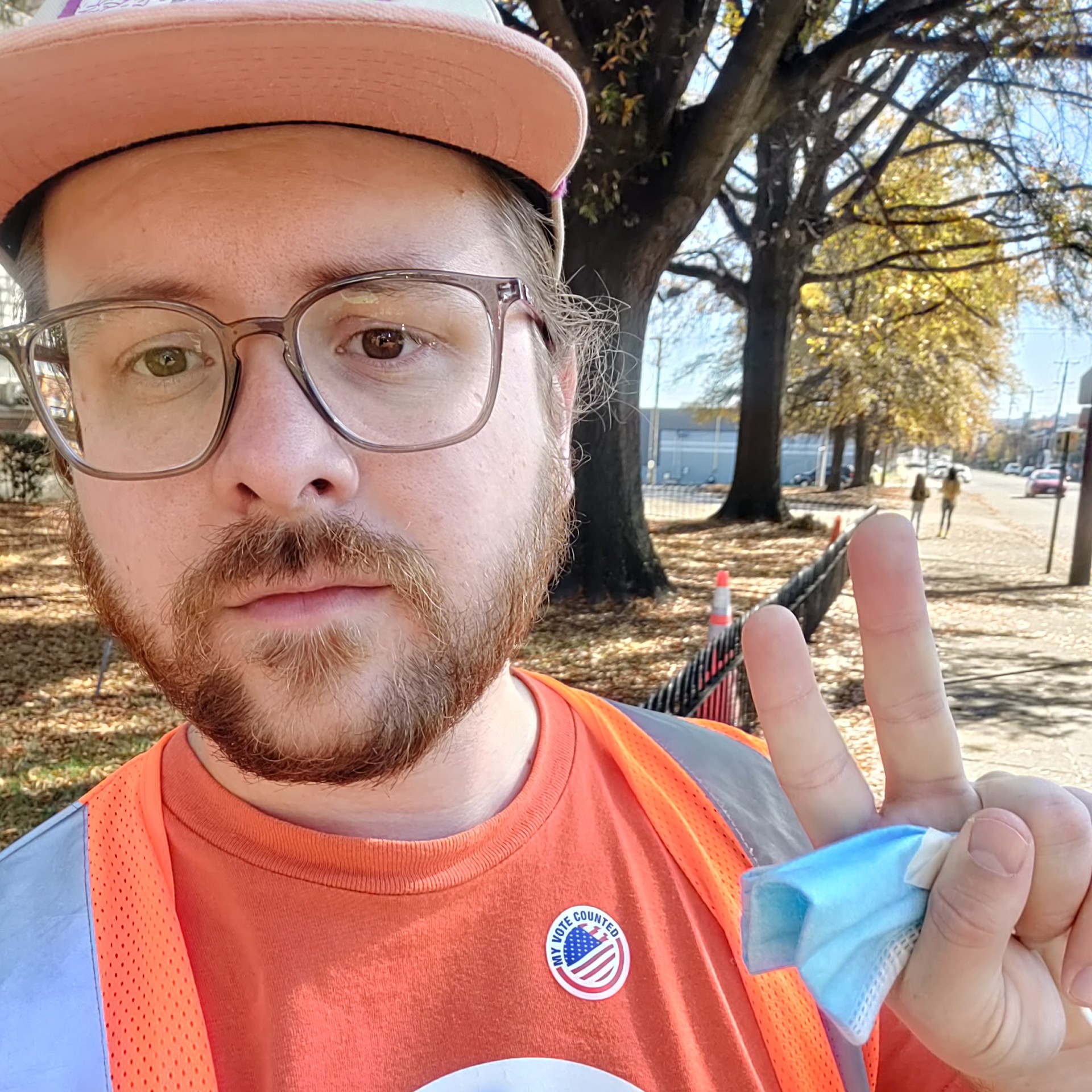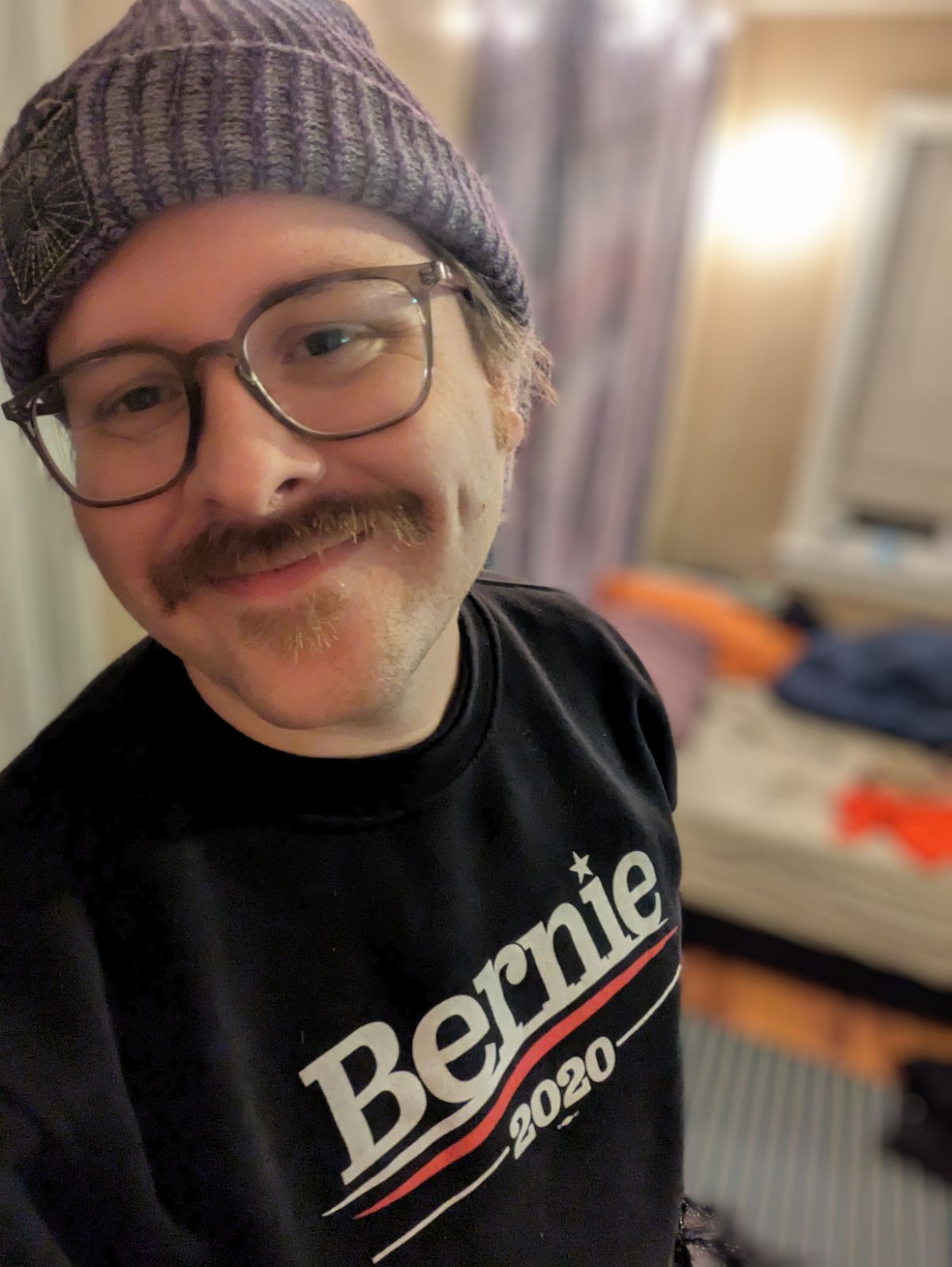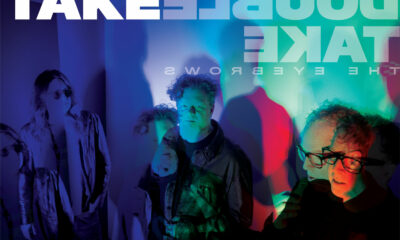Alternative/Rock
Vox Populi: Dead Billionaires Discuss the Drastic Importance of Union and Workplace Solidarity
Dead Billionaires join us for a Vox Populi interview wherein Warren Campbell chats about union solidarity, its importance, how to get involved, and the role the government plays in the issue.
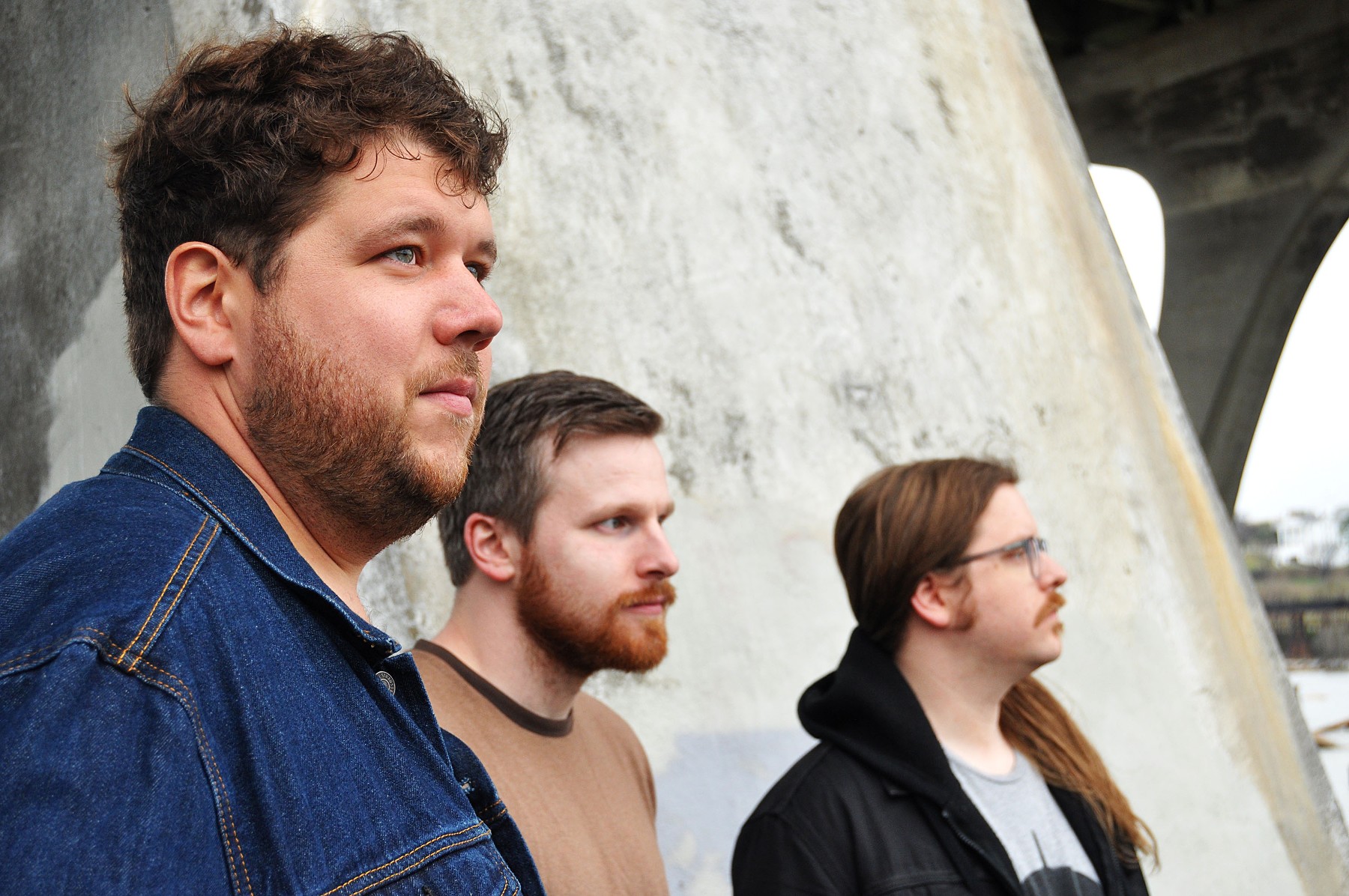
Rather than just issuing a grouping of songs and calling it a record, Dead Billionaires have taken a drastically different, more novel approach with their new Disaster Preparedness Coloring Book album. Just released on June 2nd, the seven-track collection is meant to be like a guidebook to this age of anxiety that has befallen us. Cleverly, the album takes its name from a product from the 1990s designed by the U.S. federal government, intended to educate children on how to be prepared for natural disasters and emergencies. Dead Billionaires rekindled this concept and put music to it, designed to be like a guidebook for modern adults who feel disenfranchised and powerless in our current times.
The members of Dead Billionaires fire many shots across these seven songs, most notably at white supremacy, power imbalance, climate change, low-level, low-wage jobs, and small-town hopelessness. Lead singer and guitarist Warren Campbell has likened the album to a party record with bleak subject matter. It’s like inserting some joy into a pretty tricky situation, and it’s very much in line with the original aim of Dead Billionaires as a band; an act whose approach to music is to foster a good time while trying to make sense of and ward off society’s many troubles.
Based on the interests and principles of the band, Dead Billionaires made for a perfect match for our Vox Populi interview series. Today, we chat with Warren Campbell about union solidarity, its importance, how to get involved, and the role the government plays in the issue.
No matter what your political or ethical outlook is, there are issues and topics that we are all passionate about. Some examples are climate change, human rights, poverty, military conflicts, prejudice, and economic disparity. With this in mind, what’s the issue or topic that you are most passionate about?
Warren Campbell: “The solidarity of all working people in the United States. Making sure that regular working folks have a say in the businesses for which they generate money is so crucial. Capital controls every decision every lawmaker makes, to have meaningful worker input would create balanced workplaces focused around the betterment of all.
“As a musician, building that solidarity in our own industry is of the utmost importance to me. The music industry is rife with, and centered around, the exploitation of the vast majority of performers and music industry workers. That won’t change without a serious shift in the power structure of the industry.
“In day-to-day life, a unionized workplace can help you get better health insurance, better pay, and paid time off benefits. At its heart, valuing workers improves the quality of products and the quality for the workers that make them. In the grand scheme of things, strong unions can change entire industries and hopefully society at large. Why not imagine that for ourselves in the music industry?”
When did you first get involved in this issue of solidarity?
“I first became involved with organizing when living through the pandemic. In 2020, the restaurant I was working at called us back to work and had an insufficient plan to make sure we were paid a livable wage.
“With only 50 percent capacity, servers couldn’t make their tips at the scale that provided them a living and other staff lost their tip-out altogether. Many in management did not take COVID restrictions seriously. I know this was common at the time for the industry, but my coworkers and I looked to form a union to stand up for ourselves.
“Together, the organizing committee worked dozens of hours to attempt to facilitate a union drive and election, but ultimately we decided the risks were too great. Instead of going public with the union, most opted to leave and find other employment.
“Although it’s a musician’s lot to move from job to job in-between tours, I think that if I’m going to spend the rest of my life making music, why not work towards improving the conditions for those that make music?”
What do you see as the biggest contributing factors to the issue?
“Corporate greed and the disenfranchisement of the individual. Really the entire capitalist fascistic direction our society is headed. Those with wealth are seeking to hoard it and overpower those without into submission. In the music industry, in particularly, advances in technology have really heightened the stakes and further tipped the power imbalance.
“The proliferation of the internet has been really beneficial for the discovery of artists, but how it has progressed has not been kind to their livelihoods. A fair share of the profits has not been passed down from streaming giants. This has made income through touring more vital, but the conditions of touring musicians haven’t improved.”
What are some ways you’ve contributed to the solutions to this issue?
“In addition to supporting union efforts such as UMAW and Bandcamp United, one of the main things we’ve done to help build worker solidarity is use a union-run print shop. Gibson Print is a Richmond area shop that provides all of our merch. Although mainly their work is to make political signs and shirts for elections, we thought it was important to make sure everything we’re bringing into the marketplace was provided by someone who had a say in their work environment.
“Many of the songs on our latest album are deeply political, but we always strive to write about what affects everyday people. Issues like climate change, white supremacy, capitalist oppression, instead of anything supporting or disparaging a politician. The aim is to center the people instead of those in power.”
What are some actions that readers can take right now to contribute to tackling this issue?
“Some actions that readers can take now are to show your support for Bandcamp United, the union that recently formed at Bandcamp. There are many challenges to forming a union, so it’s best to refer to their current needs at http://www.bandcampunited.org.
“Bandcamp has been a safe haven for musicians and fans to connect and build relationships based off of fair pay for their merchandise and music.
“Also, you can become a member of the Union of Musicians and Allied Workers who are working on national issues such as fair streaming pay, fair pay at SXSW, and stopping venues from taking merch cuts.
“Building higher membership in organizations like this is the pathway to a fair share of the profits of a gigantic industry. Should the time come for one, a heavily unionized music industry would allow for the possibility of a musicians general strike. The power of a union lies in its ability to withhold labour.”
If you could change one person’s mind, completely and irrevocably, in order to help solve the issue, who would it be? Why?
“Taylor Swift. She holds massive influence in the music world and has an incredibly devoted fanbase. If she chose to support the struggles of everyday musicians and go against the wishes of Live Nation, Ticketmaster, and Spotify, it would be a massive shot in the arm to the movement.
“What happens when Taylor Swift takes her music off of Spotify in solidarity with those looking for 1¢ per stream? What happens when she cancels her next tour unless Ticketmaster stops their exorbitant fees? When she encourages other big-name artists to do the same?”
Do you think more or less government intervention is required to effect change on this issue? Which countries’ governments would have the most tangible impact if so? If not, what benefit will reduced government intervention have?
“Definitely more government intervention. The National Labor Review board still has the amount of employees they had 40 years ago, while the U.S. workforce has increased exponentially since then. An organization with such little influence can only go so far. It is a little bit of a chicken egg-situation, though: unions will need to influence govt policy just as govt policy will need to aid in the creation of unions.
“The U.S. government would have a very tangible impact on the music industry globally as we export so much of our culture, and therefore music as a product.”
What musician or artist has been the most vocal about this topic?
“A musician I really respect and admire is Lee Bains of Lee Bains & The Glory Fires. Many songs on his last album, Old Time Folks, are about the struggles of working people, and he’s been incredibly supportive of union efforts all over the country, including the United Mine Workers strike in Alabama. Plus, The Glory Fires put on an excellent live show.”
-

 Music3 days ago
Music3 days agoTake That (w/ Olly Murs) Kick Off Four-Night Leeds Stint with Hit-Laden Spectacular [Photos]
-

 Alternative/Rock4 days ago
Alternative/Rock4 days agoThe V13 Fix #010 w/ High on Fire, NOFX, My Dying Bride and more
-

 Hardcore/Punk2 weeks ago
Hardcore/Punk2 weeks agoHastings Beat Punks Kid Kapichi Vent Their Frustrations at Leeds Beckett University [Photos]
-

 Culture2 weeks ago
Culture2 weeks agoCirque Du Soleil OVO Takes Leeds Fans on a Unique, Unforgettable Journey [Photos]
-

 Alternative/Rock1 week ago
Alternative/Rock1 week agoA Rejuvenated Dream State are ‘Still Dreaming’ as They Bounce Into Manchester YES [Photos]
-

 Features3 days ago
Features3 days agoTour Diary: Gen & The Degenerates Party Their Way Across America
-

 Culture6 days ago
Culture6 days agoDan Carter & George Miller Chat Foodinati Live, Heavy Metal Charities and Pre-Gig Meals
-

 Music5 days ago
Music5 days agoReclusive Producer Stumbleine Premieres Beat-Driven New Single “Cinderhaze”

